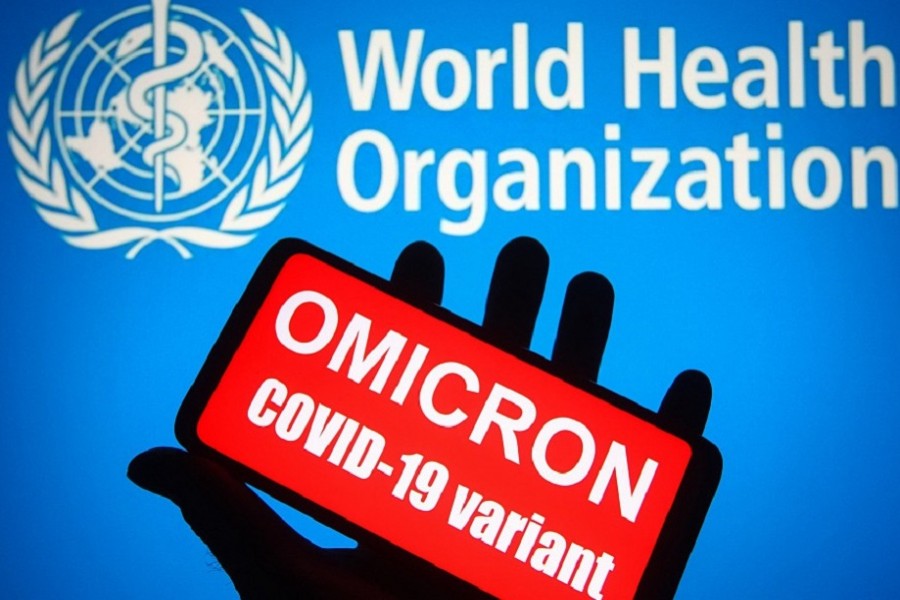After the weaker strains such as Alpha, Beta and Gamma and the variant of concern (VOC) Delta of the SARS-CoV-2, it is now the emergence of Omicron that is likely to give sleepless nights to governments and public health experts the world over. The Delta variant has given people almost everywhere a nightmarish time. But Omicron, named after the 15th letter of Greek alphabet, is potentially several times more contagious. It has 30 mutations in the spike protein --- double the number of the Delta strain. Technically termed B1.1.529, it threatens, according to preliminary evidence, with increased risk of reinfection compared with the other VOCs. Many of the issues such as the extent of its virulence and effectiveness of the vaccines approved so far by the World Health Organisation (WHO) against it are yet to be known. But there is no doubt about the many times more potential for infection and this has alarmed scientists, public health policymakers and governments all across the globe.
First reported from South Africa to WHO on November 24, the B.1.1.529 variant was detected in Botswana, Belgium and Hong Kong soon after but it did take almost no time to spread to Italy, Britain, the Netherlands, Israel, Australia, Denmark, Germany, France and Canada. The highest ever mutating variant of SARS-CoV-2 so far appears to be spreading at the lightning speed too. That is what is most concerning and governments around the world are busy imposing travel bans or curbs on South Africa in order to stem the spread. In a knee-jerk reaction, the nascent global financial markets on its path to a turnaround after the pandemic plunged again and oil prices tumbled further down. Everywhere the policymakers and conscious people are now worried how the surge of this new variant will affect the global public health and financial markets.
Bangladesh is no exception to this concern about the consequent undesirable developments. Already alarm bell has been sounded by experts and recommending various precautionary measures. Indeed the country should impose travel restrictions from countries already affected by the new variant and airline passengers brought under rigorous health check for the variant before placing them under mandatory quarantine for the duration suggested by the WHO. The authorities have the added responsibility to take care of the women's cricket team which qualified for the next 50-over ICC Women's Cricket World Cup 2022 to be held in New Zealand on their return home from Harare, the capital of South Africa's neighbour Zimbabwe. It is in their own and the country's interests, members of the team have to spend the required time in quarantine.
People in general here have put their guards off with coronavirus cases and consequent deaths declining to negligible numbers. This can be dangerous if a variant of Omicron's order finds its way into the country somehow. These are early days for forming an idea about the behaviour of the new variant. The Technical Advisory Group on SARS-CoV-2 Virus Evolution (TAG-VE) has been working overtime to know more about it and report to the WHO. Before the details are made public by the WHO, Bangladesh should make maintenance of the earlier announced health protocols such as mask wearing and physical distancing mandatory for its citizens.


